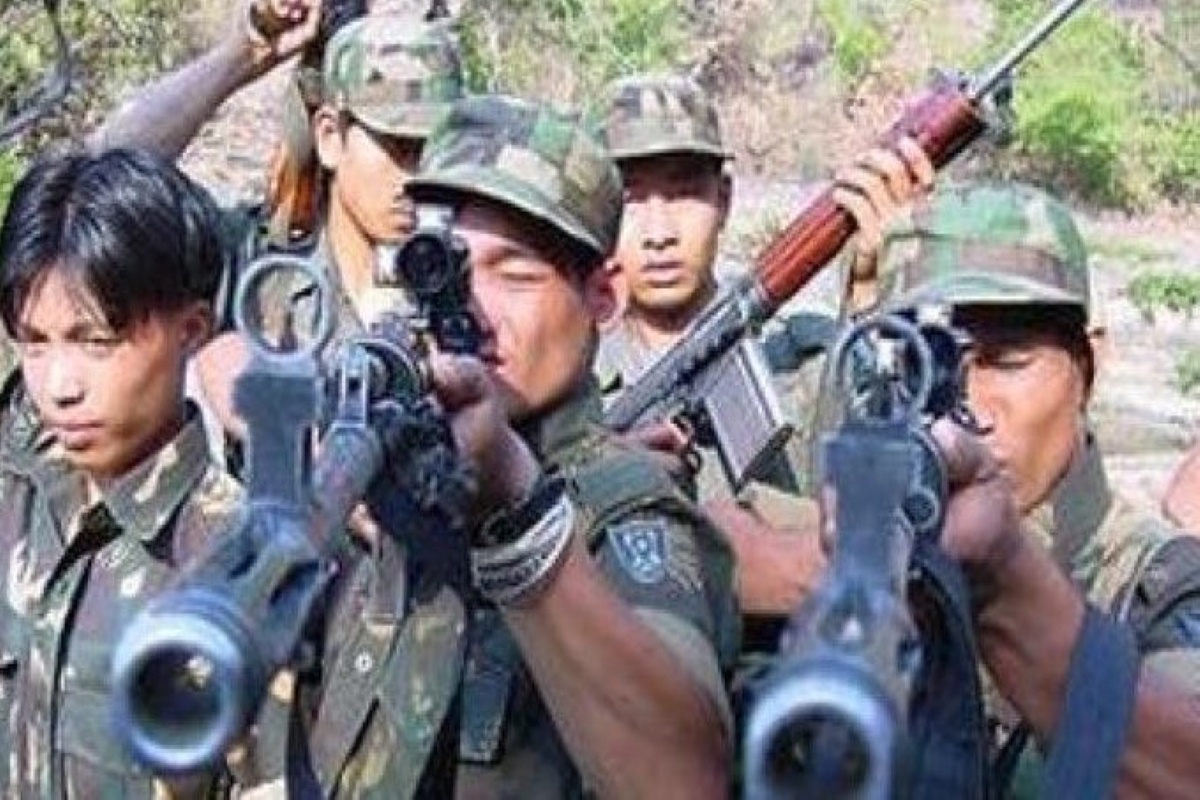Political circles in Nagaland and other northeastern states are abuzz after the Centre on Thursday transferred Nagaland Governor Ravindra Narayan Ravi to Tamil Nadu, as he was the government’s interlocutor for the much-debated Naga peace talks, which are now in the last stages of finalisation.
Though a Rashtrapati Bhavan communique late on Thursday night said that Assam Governor Jagdish Mukhi has been given the additional charge as Nagaland Governor until regular arrangements are made, there is no official word yet about who would be the Centre’s interlocutor for the vital Naga peace talks.
Advertisement
Ravi, a former Intelligence Bureau (IB) official, has been transferred to Tamil Nadu at a time when his relation with the Isak-Muivah faction of the National Socialist Council of Nagalim (NSCN-IM) turned very sour.
The leaders of NSCN-IM, the dominant Naga group, had openly criticised Ravi, who on his part had slammed the outfit for its various demands, especially over a separate flag and constitution.
Ravi, a 1976 batch IPS officer of Kerala cadre, was appointed as the Centre’s interlocutor for the Naga peace talks on August 29, 2014, immediately after the Prime Minister Narendra Modi-led government took charge. He was appointed as the Deputy National Security Advisor in October 2018 before being named the 19th Governor of Nagaland on August 1, 2019.
Within a year, the government and the NSCN-IM signed the “Framework Agreement” on August 3, 2015.
Ravi and NSCN-IM also got engaged in a war of words over the collection of “tax” from the public by the Naga outfit.
The NSCN-IM had said that taxation is the legitimate right of every government of a nation state. “The Nagas declared their independent status as a sovereign nation one day ahead of India, and have defended their sovereign right thus far,” it said.
The officer-on-special duty (OSD) to the government of India and the interlocutor for the Naga peace talks, Gurmeet Singh, in a statement without naming the NSCN-IM had recently said that a Naga armed organisation engaged in the peace process has issued a statement, which has been carried by the media, saying that they have the right to collect “tax” from the people and further added that their right has been recognised by the representative of the government of India after having dialogue with them.
“Such an erroneous statement is likely to cause confusion among the people. Taxation is a sovereign function which can be exercised only either by the government of India or the state government. The government of India does not recognise any such right by any other entity.
“Forcible collection of money by any entity is extortion which is a criminal offence punishable under the laws,” Singh had said in his statement.
Last week, the Naga Students’ Federation (NSF), an influential students’ body, had urged Ravi to “rise from his self-induced slumber” and “hold his tongue and act on the interest of peaceful co-existence” between the Nagas and their neighbours.
The NSCN-IM since August 1997 has held around 80 rounds of negotiations with the Centre with NSCN-IM General Secretary Th Muivah leading the delegation of the outfit.
The NSCN-IM and intelligence sources said that while many of the 31 demands of the Nagas have been almost resolved during the talks with the Centre, differences remain over a separate flag and a separate constitution.
Ravi had outrightly rejected the demand for a separate flag and a constitution for the state as demanded by the NSCN-IM.
The Central government has also been separately holding peace talks with eight other outfits which came together a few years ago under the banner of Naga National Political Groups (NNPGs).











